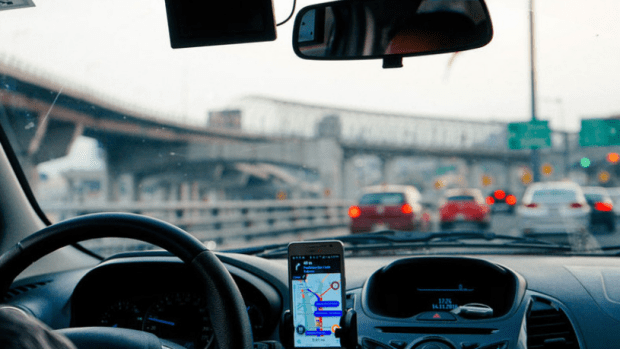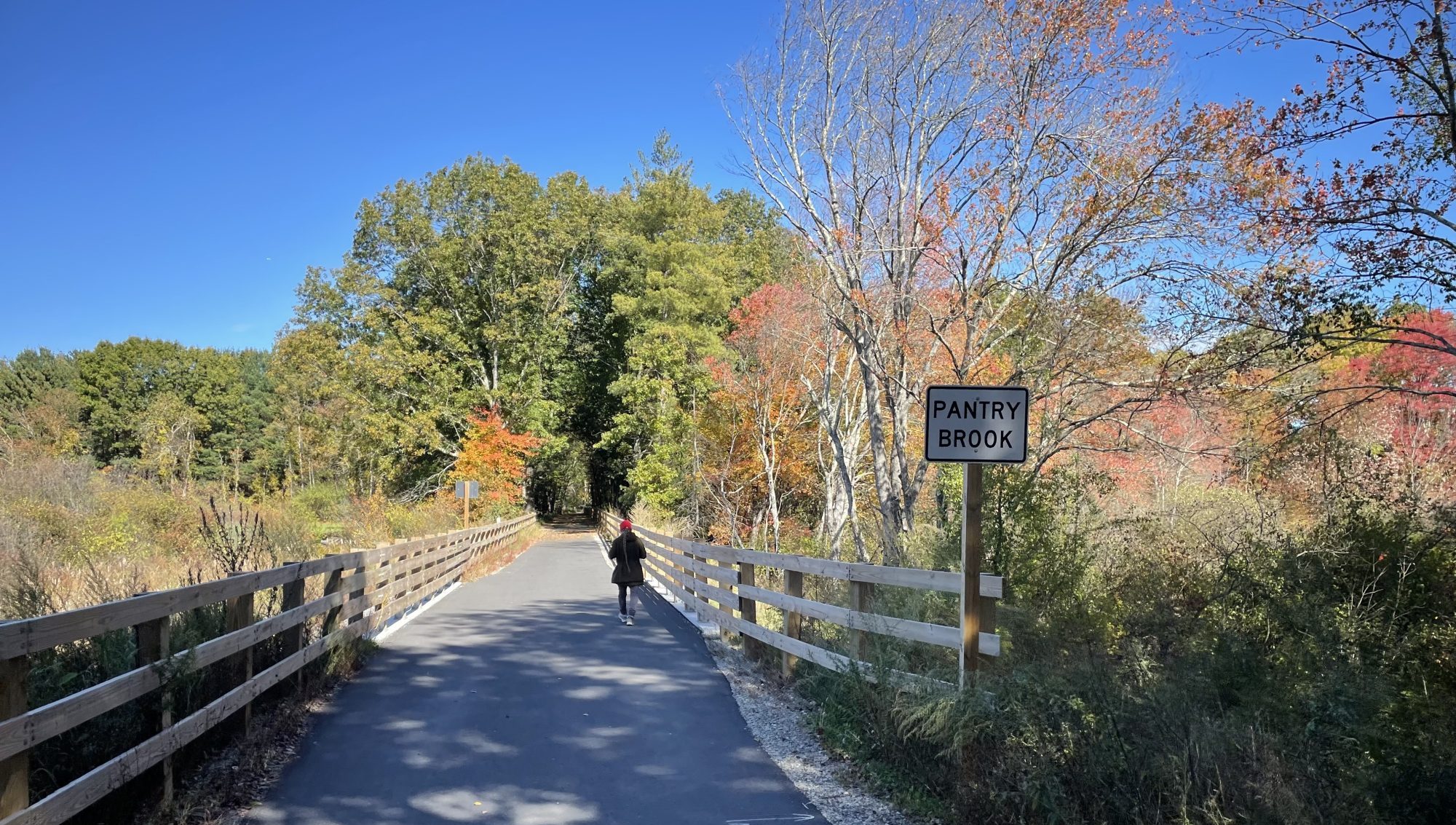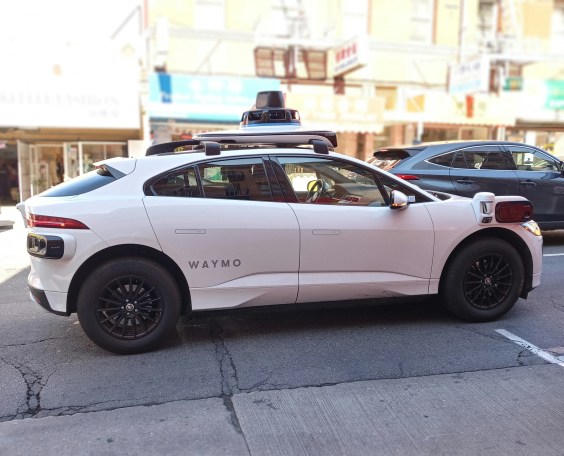For all the bad news about our state's transit system this month, the state's app-based ride-hailing companies are having an even harder year, with surging prices, moribund ridership, and an expensive legal blunder that sank an $18 million lobbying campaign.
In the two years leading up to the pandemic, ridership on Uber and Lyft had been growing explosively; an analysis of the companies' own data estimated that their drivers logged a staggering 23 to 25 million miles in the City of Boston – roughly 8 percent of all the city's traffic – during the month of September 2018.
But during the pandemic, ridership cratered – and it hasn't recovered:
App-Based Ridehailing Services' Annual Ridership, 2019-2021
Source: Massachusetts Dept. of Public Utilities
According to state regulatory data, Uber and Lyft picked up 45.3 million fares in the City of Boston alone in 2019. But in 2021, the companies served 39.7 million passenger rides in the entire state.
Like the state's transit agencies, Uber and Lyft have reportedly struggled with driver shortages, and customers are reporting longer wait times and higher prices. During the pandemic, substantial numbers of its drivers also pivoted from transporting passengers to transporting take-out meals and other deliveries.
According to Uber's financial reports to investors, the company is now taking in more revenue from deliveries than from passengers. The company's reported gross revenue from passenger bookings in the last three months of 2021 was down by 16 percent compared to the same period of 2019 (from $13.5 billion in 2019, to $11.3 billion in 2021), in spite of considerably higher prices. But value of the company's bookings from deliveries in the same time period had more than tripled (from $4.4 billion in 2019 to $13.4 billion in 2021).
Labor issues also played into a major loss for the two companies in Massachusetts courts last month. Earlier this year, the companies had pledged $18 million on a ballot initiative campaign, modeled after a similar referendum that passed in California in 2020, to formally classify their drivers as "independent contractors," not as employees who would be entitled to minimum wages, overtime pay, and other worker protections.
As proposed, the ballot question also would have shielded Uber and Lyft from legal liability in crashes involving the companies' drivers.
According to state data, app-based ride-hailing companies were involved in 2,267 crashes in Massachusetts in 2021.
In June, the Massachusetts Supreme Judicial Court ruled that the companies' ballot initiative was illegal, because "the petitions contain at least two substantively distinct policy decisions, one of which (the liability provision for crashes) is buried in obscure language at the end of the petitions... as such, the Attorney General's decision to certify the petitions was in error."
The state's latest data on the companies' activities also suggest that Uber and Lyft have been carrying proportionally fewer passengers in the core of the MBTA service area since the pandemic began. In 2019, roughly 50 percent of the companies' Massachusetts bookings were for trips that originated in Boston, and an additional 12 percent originated in Cambridge or Somerville.
But in 2021, only 46 percent of statewide trips originated in the City of Boston, and 9 percent in Cambridge or Somerville.
By contrast, the companies' ridership has been more resilient in gateway cities and suburbs, like Brockton (where 844,803 rides originated in 2021, or 86 percent of the companies' 2019 ridership) and Fall River (220,821 rides in 2021, or 93 percent of pre-pandemic ridership).






